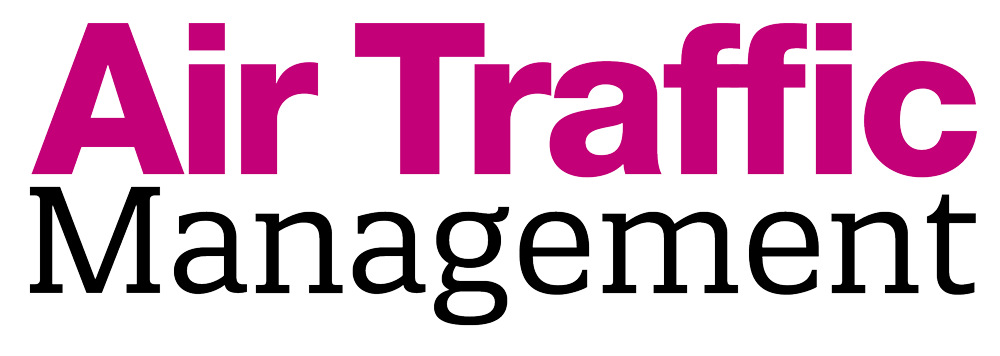The Civil Aviation Authority of Singapore (CAAS) will collaborate with the International Air Transport Association (IATA) to develop a Sustainable Aviation Fuel (SAF) Registry, a global industry-led platform to robustly and accurately track, record and account for the emissions reductions arising from the use of SAF. Expected to launch in the first quarter of 2025, the Registry aims to accelerate the use of SAF by authoritatively accounting and reporting emissions reductions from SAF.
As part of the global effort to accelerate the adoption of SAF, the Registry is being developed by IATA in consultation with airlines, government authorities, international organisations, OEMs, fuel producers and suppliers, airports, and corporate travel management companies. The participation of government authorities, including CAAS, aims to ensure that the Registry meets the requirements of civil aviation authorities.
Under the Singapore Sustainable Air Hub Blueprint launched by CAAS in February 2024, the use of SAF will be required for flights departing Singapore from 2026. The aim is for a 1% SAF uplift target for a start, and a SAF levy will be introduced for the purchase of SAF to achieve the target. Another key initiative under the Blueprint is the centralised procurement of SAF for the Singapore air hub, to aggregate SAF demand from both the SAF target and voluntary demand from businesses and organisations seeking to reduce their air travel emissions.
A critical enabler for this is a globally recognised and interoperable SAF accounting and reporting system that is both feedstock and pathway neutral and aligned with internationally recognised sustainability standards such as the ICAO Carbon Offsetting and Reduction Scheme for International Aviation (CORSIA). Such a platform allows CAAS to accurately account for the type and quantity of SAF purchased, generate SAF credits and allocate these credits back to the airlines based on the levies collected under the SAF target and to businesses and organisations based on the amount of SAF bought voluntarily.
Mr Han Kok Juan, Director-General, CAAS, said, “CAAS is happy to partner IATA on the development of a SAF registry that is robust, globally recognised and interoperable. The collaboration with IATA gives CAAS an opportunity to shape the development of the SAF registry which will be a critical enabler for the implementation of Singapore’s national SAF target from 2026.”
Mr Willie Walsh, Director General of IATA said, “SAF is a critical element of aviation’s net zero CO2 emissions by 2050 goal. Ramping up production of SAF and access to it is essential for airlines who stand ready to use every drop made available. By authoritatively accounting and reporting emissions reductions from
SAF, the Registry will help meet the critical needs of all stakeholders of the aviation industry, as part of the global effort to ramp-up SAF production: governments, airlines, OEMs, fuel producers and corporates. In doing so, the Registry will help scale the global SAF market by ensuring that airlines are able to purchase SAF regardless of where it is produced. It is critical for the industry to work with national authorities like CAAS with the aim of ensuring compliance with the requirements of civil aviation authorities.”
This collaboration with IATA on the Registry is one of the initiatives under the Memorandum of Understanding between CAAS and IATA signed earlier this year to strengthen collaboration to support the growth of aviation in Singapore and the Asia-Pacific region.
